LAST UPDATED: 3/2/24 – Egypt Entrance Requirements for Visitors
If you are traveling to Egypt from outside of the country, you should be aware of the Egypt entrance requirements for visitors before you start planning your travel. If you do not meet the passport, VISA, or immunization requirements, you will be denied entry into Egypt. This is not something that I would wait until the last minute to take care of as you might not have enough time to sort out any issues at the last minute should you run into them.
To assist you in making sure you meet the necessary requirements to visit Egypt, I have outlined all of the requirements you need to be concerned about in this article. Furthermore, I have also created the handy checklist I linked below for you to use as a point of reference and to track all of the requirements as you meet them.
Download the Egypt Entrance Requirements Checklist
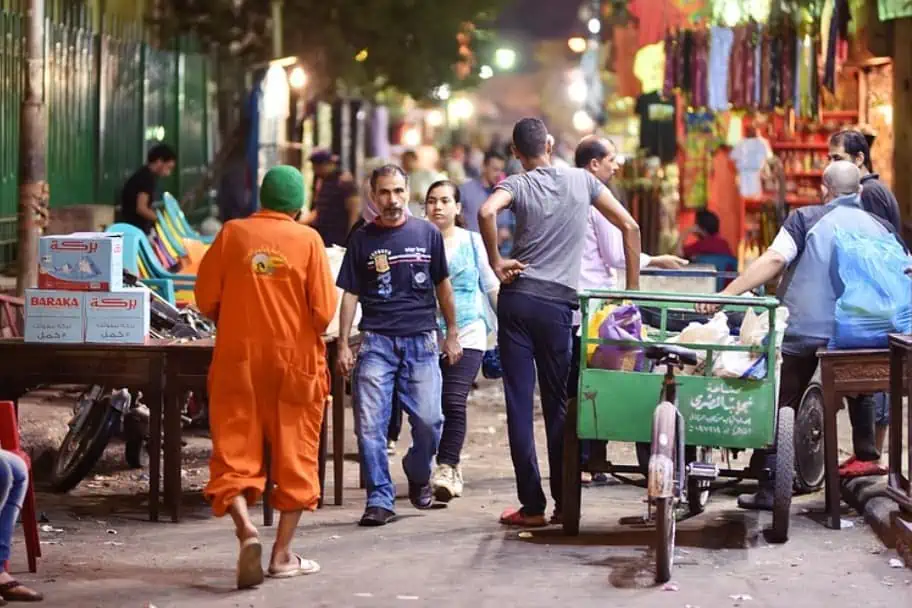
Egypt Passport Requirements

One of the most important of the Egypt entrance requirements that you will need to consider when planning your trip is the country’s passport requirements. To be allowed into Egypt, not only will your passport need to be valid, but it will need to be valid for at least 6 months after your date of arrival.
So if your passport is set to expire within 6 months of your arrival date, you will need to renew your passport before you travel to Egypt. You are also going to need your passport number to apply for your VISA, so I would strongly suggest that you not delay in getting it renewed if necessary.
| Passport Validity | Blank Passport Pages |
|---|---|
| At least 6-months beyond arrival date | 1 blank page required. |
Egypt VISA Requirements
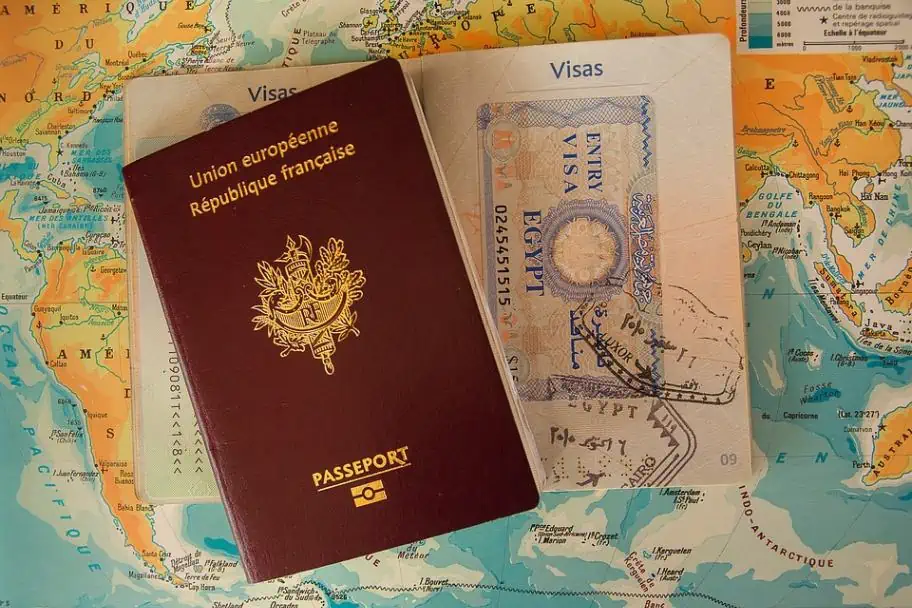
In addition to the passport requirements, there are VISA considerations in the Egypt entrance requirements that you need to be aware of before booking your travel. If you would like to review the VISA entry requirements for Egypt by country, I have included a map below for you to review.
If a VISA is required for your nation of origin, you will need to apply for an e-visa or Consular VISA before you depart for Egypt. For your convenience, I have included those instructions for you to review below as well.
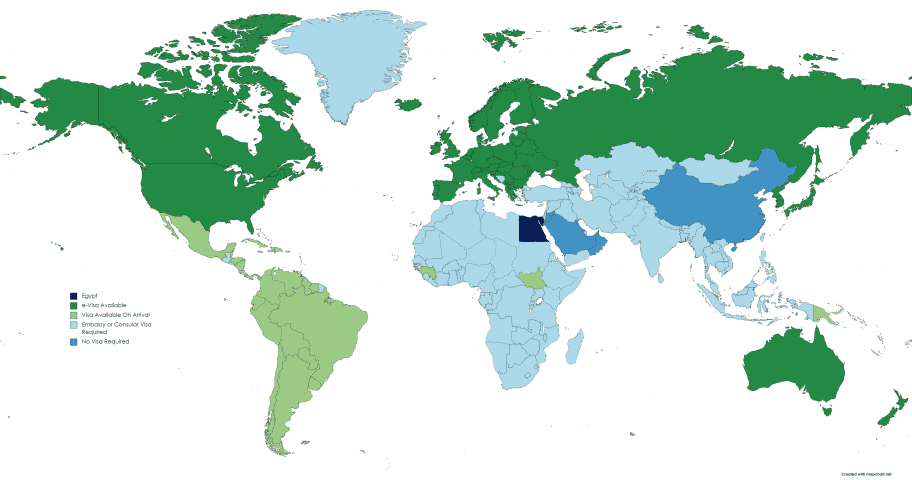
Applying for an e-VISA to Egypt
If you hold a passport in a country that allows you to apply for an electronic VISA (e-VISA), it is the easiest and most convenient way to apply for a VISA to visit Egypt. While you typically get the response from your application back within a few days, you will want to apply for your e-VISA well in advance to allow yourself time to correct any issues should your VISA application be declined.
The official Egyptian E-VISA website recommends applying no later than 7-days before your departure. The cost for a single-entry e-VISA is USD 25 and USD 60 for a multi-entry VISA. If you would like to apply for an e-VISA for your upcoming trip to Egypt, I have included the link to the e-VISA website below.
Arab Republic of Egypt – Electronic VISA Portal
Applying for a VISA Upon Arrival in Egypt
If you forget to apply for an e-visa before you depart for Egypt, you may be able to apply for a VISA when you arrive. For citizens of roughly 60 countries around the world, this is an option (please see the map above for details). If you plan to apply for a VISA upon arrival, please note the following process:
- Go directly to the border patrol upon arrival in Egypt.
- Complete a VISA form with personal details such as name, passport info, etc.
- Pay USD 25 cash in local currency for the VISA processing fee (no credit cards are accepted).
- Your passport must have two blank pages available for the VISA stamp.
Applying for an Embassy or Consular VISA to Egypt
If you hold a passport from a country that does not qualify you to apply for an e-VISA, then you will need to apply for a consular VISA from the Egyptian embassy in your country to meet the Egyptian entrance requirements.
Depending on which country you hold residency in, this may require pre-approval from the Egyptian government before applying for a VISA. For a list of countries that require pre-approval, as well as instructions for applying for a consular VISA, please refer to the website of the Egyptian embassy in your country.
For US passport holders applying for a consular VISA to Egypt, the instructions for applying are as follows (per the website for the Egyptian Embassy in the United States):
Consular VISA Application Instructions
- Fully completed and signed visa application form with ONE photo stapled to the form and ONE copy of the completed application form with photo
- ONE 2″ x 2″, recent high-definition personal passport photo on a white background (the photo must be no more than 6 months old)
- Actual passport plus TWO copies of the information page (still valid for at least 6 months) and has an empty Visa page
- If applying by Mail, all payments are in Cashier’s Check Only payable to the Consulate of Egypt. ( They DO NOT accept money orders or personal checks). If applying in person, Cash will be accepted.
- Mailed Applications: Please ONLY provide Express Mail or Certified Mail (pre-addressed pre-stamped envelope) for the return of the passports/Documents. They do not take responsibility for any loss that may occur in mailing.
- Mailing Address: Consulate of the Arab Republic of Egypt, 3521 International Court, NW, Washington, DC 20008
- Download the application form here
- Click here for the visa fee
Egypt Immunization Requirements
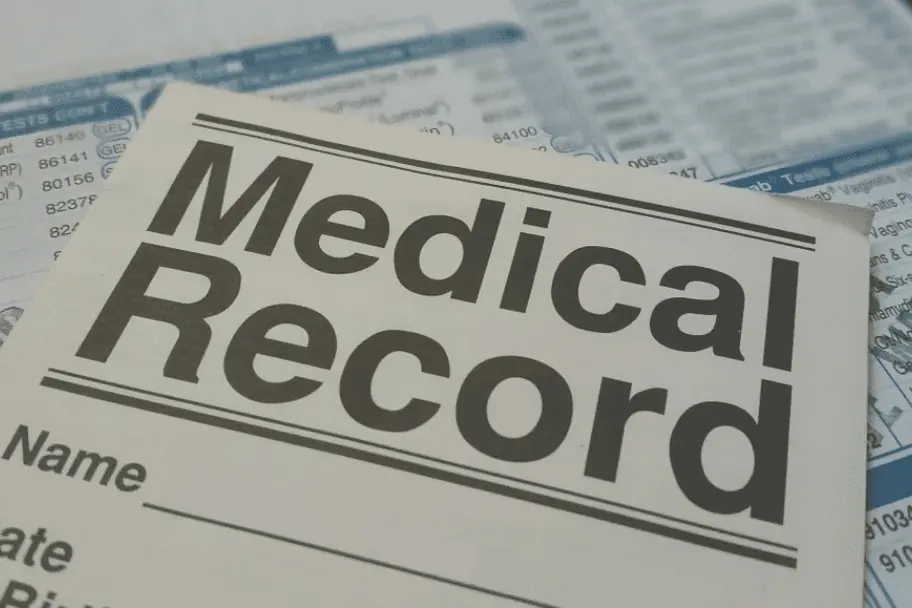
Routine Travel Vaccinations for Egypt
Important Note: I am not a medical doctor and do not have any medical experience. The information provided in this section is a summary of information that I got from the recommendations of the Centers for Disease Control and Prevention in the United States for travel to Egypt. I am providing you this information to help bring awareness of the necessary vaccinations to you, but consultation with my guide should not replace a discussion about your travels with your doctor or a travel medical clinic.
One of the most important, and yet most often overlooked, aspects of travel is the necessary vaccinations that are required or recommended to keep you safe and healthy when you travel. Before you depart for Egypt, you are going to want to make sure that you have all of the proper vaccinations.
Some of these vaccinations, like the Yellow Fever vaccination, are included in the Egypt entrance requirements if you are traveling to Egypt from certain high-risk locations. Other vaccinations, such as a flu shot and the Rabies vaccine, are recommended, but not required.
For your convenience, I have summarized the CDC’s recommendations on vaccines and healthcare for travelers visiting Egypt for you to review below.
Recommended Travel Vaccinations for Egypt
There are several vaccinations that the CDC recommends that you get before traveling to Egypt, which I have outlined for you below. If you are traveling to Egypt from a destination where Yellow Fever is common, even if it is only a long layover, then you will be required to show proof of vaccination before you will be allowed into the country. The other vaccinations on this list are not in the Egypt entrance requirements, but they are strongly recommended.
| Vaccine | How Disease Spreads | Details |
|---|---|---|
| Hepatitis A | Food & Water | Recommended for most travelers |
| Hepatitis B | Blood & Body Fluids | Accelerated schedule available |
| Yellow Fever | Thru the bite of infected mosquitoes. | If you are going to be traveling from a country where Yellow Fever is endemic, even if it is only for a layover twelve hours or more, you will need to receive a Yellow Fever vaccination and have certification of that vaccination before you will be allowed into Egypt. |
| Rabies | The saliva of infected animals. Bites or licks on open wounds are the most common vector. | Requires three shots over 21-28 days |
| Typhoid | From food and water you handle or ingest. | Recommended for most travelers, especially those staying with friends or relatives or visiting smaller cities or rural areas. |
| COVID-19 | From being around or coming into contact with someone who is sick. | Depending on Vaccine brand, will require one or two shots over multiple weeks. Everyone 16 years of age and older should get fully vaccinated for COVID-19 before travel. |
| READ MORE: |
 |
| Rabies Vaccination for Travel – Why I think All Travelers Should Consider It |
Routine Vaccinations for Egypt
In addition to the vaccinations that are recommended for travel to Egypt specifically, there are other routine vaccinations that you should make sure that you are current on before traveling anywhere in this world. For an overview of the routine vaccinations recommended by the CDC, please review the chart that I have included below.
| Disease Name | How Disease Spreads | Advice |
|---|---|---|
| Measles Mumps Rubella (MMR) | Various Vectors | Given to anyone unvaccinated and/or born after 1957. One time adult booster recommended |
| TDAP (Tetanus, Diphtheria & Pertussis) | Thru open wounds & airborne transmission | Only one adult booster of pertussis required |
| Chickenpox | Direct contact with infected individuals & airborne transmission | Given to those unvaccinated that did not have chickenpox |
| Shingles | Direct contact with infected individuals | Vaccine can still be given if you have had shingles. |
| Pneumonia | Airborne transmission | Two vaccines given separately. All 65+ or immunocompromised should receive both |
| Influenza | airborne transmission | Vaccine components change annually |
| Meningitis | Direct contact with infected individuals & airborne transmission | Given to anyone unvaccinated or at an increased risk, especially students |
| Polio | Thru contaminated food and water | Considered a routine vaccination for most travel itineraries. Single adult booster recommended |
Non-Vaccine Preventable Diseases
In addition to the recommended vaccinations, there are other health precautions that you should take when traveling to Egypt to avoid getting sick. While these health precautions aren’t on the list of Egypt entrance requirements, they are important measures that you can take to make sure you don’t get ill while traveling.
aVOID CONTAMINATED WATER
When traveling, one of the easiest ways to get sick is to come into contact with contaminated water. Several illnesses are found in Egypt that can be spread by either drinking or swimming in contaminated water.
Before you depart for your trip, you will want to be aware of the illnesses below. To avoid getting sick, make sure you stick to drinking bottled water and avoid swimming in stagnant pools.
| Disease Name | How Disease Spreads | Advice |
|---|---|---|
| Leptospirosis | Touching fluids of infected animal or drinking or swimming in contaminated water | Avoid contaminated water and soil |
| Schistosomiasis | Swimming in contaminated water | Avoid contaminated water |
AVOID BUG BITES
Another easy way to get sick while traveling is to be bitten by bugs that carry illnesses. The most common insect that spreads diseases to humans is the mosquito, but ticks and flies can also spread serious illnesses through their bites.
To make sure you don’t fall ill from an insect bite while in Egypt, I would recommend bringing insect repellent with you when you visit and avoid getting bitten by bugs as much as possible.
| Disease Name | How Disease Spreads | Advice |
|---|---|---|
| African Tick-Bite Fever | Tick bite | Use bug spray and avoid bug bites |
| Crimean-Congo Hemorrhagic fever | Tick bite or touching bodily fluids of infected animal | Use bug spray and avoid bug bites |
| Dengue Fever | Mosquito bite | Use bug spray and avoid bug bites |
| Leishmaniasis | Sand fly bite | Use bug spray and avoid bug bites |
| Ross River virus disease | Mosquito bite | Use bug spray and avoid bug bites |
| Zika | Mosquito bite | Use bug spray and avoid bug bites |
avoid animals
In addition to the Rabies concerns that I outlined in the article referenced above, there are other illnesses found in Egypt that can be spread to humans through animals. If you are planning on spending time near animals during your trip, you will want to make sure to consult with your doctor about getting the Rabies pre-exposure vaccination.
Even if you aren’t going to be around wild animals, I think the Rabies pre-exposure vaccination makes sense for all travelers who are visiting areas of the world where there is a Rabies risk as it significantly simplifies the post-exposure vaccination process. In addition to Rabies, you will want to be aware of the Rift River Valley illness and how to avoid it as well.
| Disease Name | How Disease Spreads | Advice |
|---|---|---|
| Rift River Valley | Mosquito bite or touching the bodily fluids of an infected animal | Avoid wild animals, use bug spray, and avoid bug bites |
be aware of airborne illnesses
Out of all the ways that illnesses can be spread, airborne diseases are the hardest to protect yourself against. After all, you don’t have to physically touch or be touched by an infected person or animal and there isn’t a repellant that you can spray on to avoid catching these illnesses.
This is why it is always important to be observant of those with whom you interact while traveling and make sure you don’t expose yourself to potentially harmful airborne illnesses. According to the CDC, the particular airborne illnesses that you should be aware of while traveling to Egypt are as follows:
| Disease Name | How Disease Spreads | Advice |
|---|---|---|
| Avian/Bird Flu | Being around or touching infected poultry at farms or live-animal markets | Avoid domestic or wild poultry |
| Hantavirus | Coming into contact with bodily fluids or droppings of infected rodents, being biten by an infected rodent, or less commonly from coming into contact with someone else who is infected | Avoid rodents and people who look sick |
| Tuberculosis (TB) | Breathing in the air from an infected individual (via cough, speaking, etc..) | Avoid people who look sick |
Egypt Customs Restrictions
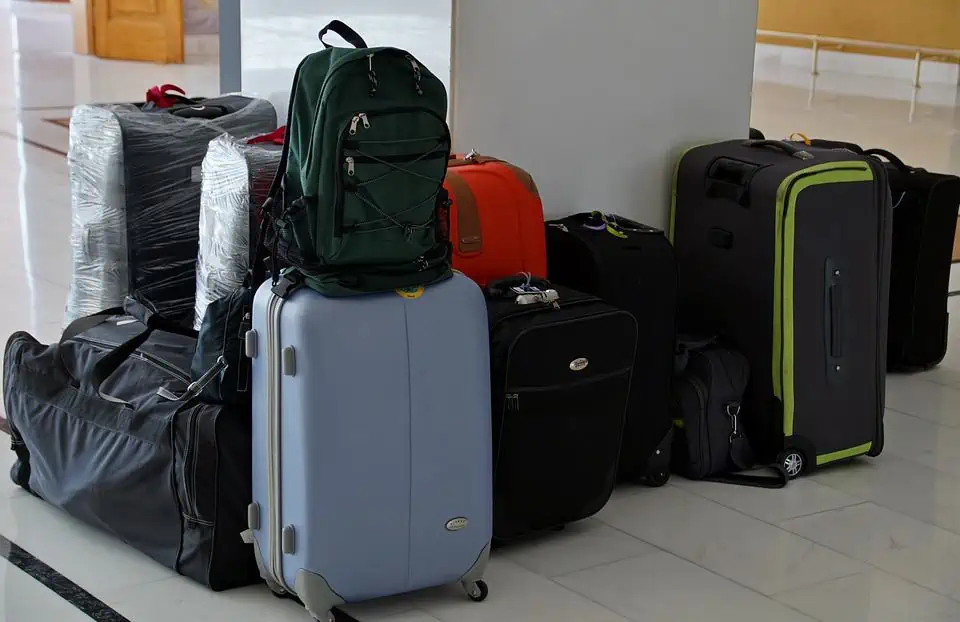
Prohibited Items
Before you will be allowed into Egypt, you will also need to clear customs to be sure you aren’t carrying any prohibited items with you. For instance, according to EgyptOnlineVisa.com, travelers are strictly prohibited from bringing the following items into Egypt:
- Narcotics
- Drugs
- Cotton
- Live, frozen, or stuffed birds or any bird-derived products
- Firearms, including sporting guns
Controlled Items
In addition to these prohibited items, the government of Egypt has placed limits on the quantity of other items that can be brought into the country. If you plan to travel with any of the following items when visiting Egypt, you will want to plan accordingly so that you do not violate the Egypt entrance requirements:
- 200 cigarettes, 25 cigars, or 200 grams of tobacco
- 1 liter of alcoholic beverages
- 1 liter of perfume or cologne
- Commercial merchandise allowed must be valued under USD 200
Egypt Currency Restrictions
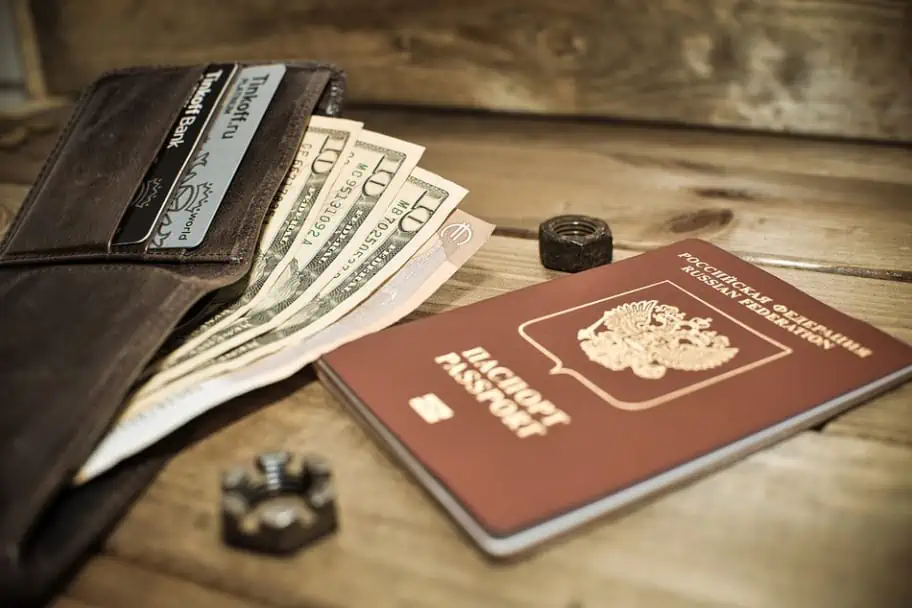
The final aspect of the Egypt entrance requirements that you will want to make sure you comply with when traveling to Egypt is the amount of currency you plan on bringing to the country.
When visiting Egypt, like all countries, you can’t just bring any amount of currency that you want into the country when visiting. According to EgyptOnlineVisa.com, the government of Egypt has the following currency limits and regulations in place:
- Local Currency: Up to 5,000 Egyptian Pounds (EGP)
- Foreign Currencies: Up to 10,000 US Dollars (USD) or its equivalent in freely convertible currency
- Postal Checks: EGP obtained via postal checks may be used to purchase air travel and pay for hotels
- Currency Exchange: The exchange of currency must be done through official banks or money exchange offices
Don’t Forget to Subscribe to My Adventures!

Let Me Help You Save On Your Next Adventure!
‘Start Exploring Today’ Merchandise Available Now!












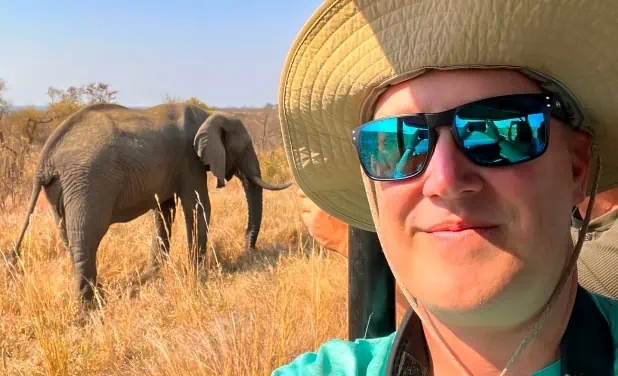
Looks like you’ve done your homework. You must be getting excited!
Very excited! So many rules to navigate in this COVID era though. Have you made any travel plans?
Why yes!
https://thetravelarchitect.wordpress.com/2021/05/29/summer-travel-is-imminent-california-wine-country-here-we-come/
Also, we went to Palm Springs over spring break. You’re behind, my friend! 🙂
https://thetravelarchitect.wordpress.com/2021/04/17/palm-springs-spring-break-part-1-destination-capitulation/
Amazing!!! Will definitely check those out! Yes, I am indeed behind. Life has gotten far too busy lately. 😀
We’ve been feeling that way, too. You’d think with COVID lockdown we’d have more time on our hands, right? But no.
Yeah, no doubt. A bunch of our customers held off on projects during COVID, and now the flood gates have opened. Good thing, I guess, but free time is in short supply. So happy to hear you have started traveling again. I can’t wait to hear about your Sonoma trip!